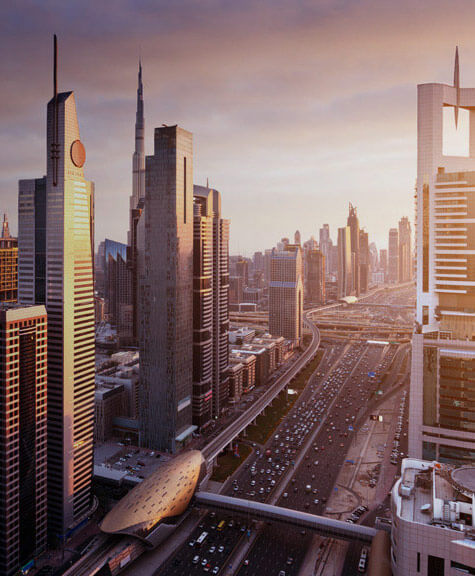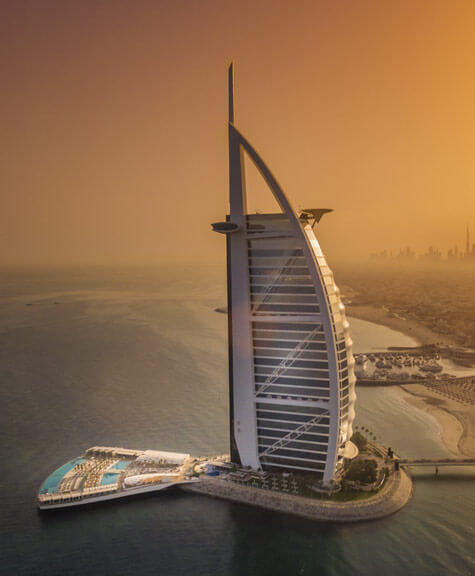Start a Business in Dubai Free Zone
Entrepreneurs have a variety of jurisdictions to select from when it comes to starting a business in Dubai.


The city of Dubai is known for its skyscrapers, ports, and shopping malls, where big business takes place alongside some of the top tourist attractions in the region. Because of its large expatriate population, it feels like a melting pot, with people from all corners of the world. Although Arabic is the official language, English is, in practice, the lingua franca.
Unlike other places in the UAE, Dubai does not have an oil-based economy. The emirate used its oil wealth in the twentieth century on physical infrastructure. Trade is the core of Dubai’s economy, with the city operating two of the world’s largest ports and two massive international airports.
Entrepreneurs have a variety of jurisdictions to select from when it comes to starting a business in Dubai.
DIAC was established in 2007 as a university free zone and a residential community dedicated to higher education. It has grown into one of the largest educational hubs in the region. It consists of 27 colleges and universities and 3 innovation centers.
The Dubai Department of Economic Development (DED) issues all local business licenses for areas that are not covered by free zones. Historically, local licenses required local citizens to be majority shareholders. However, the UAE has modernized its laws recently to grant expat owners full ownership of business in most sectors.

Dubai’s commitment to economic growth, collaboration and global trade contributes to a world-class business environment. Here are some highlights and rankings:
The city of Dubai that stands today wasn’t created until 1833 when the Al Bu Falasah tribe, headed by the Maktoum family, separated from the rulers of Abu Dhabi and settled in the surroundings of Dubai Creek.
Dubai’s economy flourished in 1894 when Sheikh Saeed Al Maktoum granted total tax exemption to all foreign traders, taking business away from competing Persian, Ottoman, and Omani ports. The local population primarily engaged in livestock trade, date harvesting, fishing, and diving for pearls.
The United Arab Emirates were formed in 1971 following Great Britain’s departure from the GCC region. Dubai quickly rose to the forefront and became the go-to place for business in the UAE. Its economy was the fastest growing in the world for 33 years in a row from 1975 to 2008. Under the guidance of Sheikh Mohammed bin Rashid Al Maktoum, the current ruler of Dubai, the city continues to grow and flourish, attracting business and talent from across the globe.
Built on the back of an oil boom in the 1960s and 1970s, Dubai is now recognized as the globalized financial capital of the United Arab Emirates as a hub for tourism and trade. Oil production, which once accounted for 50 percent of Dubai’s gross domestic product at its peak, contributes less than 1 percent to GDP today.
Dubai’s dedication to global trade is memorialized in the first sentence of the first article of its 50-Year charter, created by its ruler, Sheikh Mohammed. “Dubai is destined to be a crossroad between East and West, and between North and South,” according to the charter.

